Crime in Štrpci – 26 years, no justice for victims
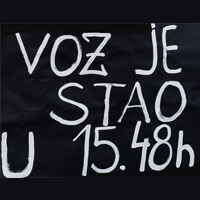
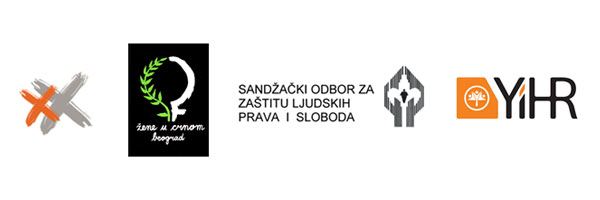
Crime in Štrpci – 26 years, no justice for victims
On Wednesday, February 27, 2019, it will be 26 years since the crime in Štrpci, when members of the Republika Srpska Army (VRS), gathered at the railway station in Štrpci (Bosnia and Herzegovina), abducted 20 passengers from a train operating on the Belgrade-Bar route, and then killed them. They were all non-Serb civilians. The Humanitarian Law Center (HLC), Women in Black, the Sandžak Committee for the Protection of Human Rights and Freedoms, and the Youth Initiative for Human Rights in Serbia, would like to remind the public that the families of these victims have been waiting 26 years for justice from the courts in Serbia, and for recognition of their status as families of civilian victims of war.
The victims of this crime were: Esad Kapetanović, Ilijaz Ličin, Fehim Bakija, Šećo Softić, Rifat Husović, Halil Zupčević, Senad Đečević, Jusuf Rastoder, Ismet Babačić, Tomo Buzov, Adem Alomerović, Muhedin Hanić, Safet Preljević, Džafer Topuzović, Rasim Ćorić, Fikret Memović, Fevzija Zeković, Nijazim Kajević, Zvjezdan Zuličić and one unidentified person.






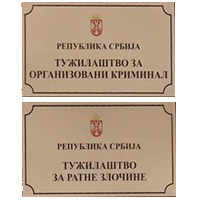



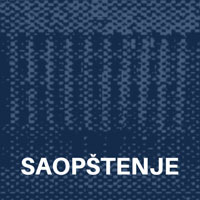



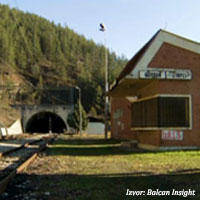
 ter three and a half years, the Belgrade Court of Appeal has finally confirmed the indictment of the Office of the War Crimes Prosecutor (OWCP) against five members of the Višegrad Brigade of the Republika Srpska Army (VRS) for the crime committed in Štrpci. In this crime, 20 non-Serb civilians were kidnapped from a train travelling from Belgrade to Bar, and later killed. The Humanitarian Law Center (HLC) urges the institutions of Serbia to approach the processing of this crime seriously and responsibly, and without any delay, and thereby restore the trust of the victims and public in the institutions responsible for the prosecution of war crimes.
ter three and a half years, the Belgrade Court of Appeal has finally confirmed the indictment of the Office of the War Crimes Prosecutor (OWCP) against five members of the Višegrad Brigade of the Republika Srpska Army (VRS) for the crime committed in Štrpci. In this crime, 20 non-Serb civilians were kidnapped from a train travelling from Belgrade to Bar, and later killed. The Humanitarian Law Center (HLC) urges the institutions of Serbia to approach the processing of this crime seriously and responsibly, and without any delay, and thereby restore the trust of the victims and public in the institutions responsible for the prosecution of war crimes. 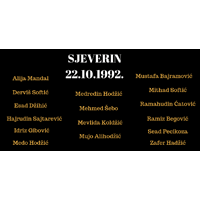
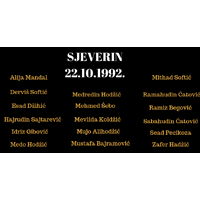 Today we mark the 26th anniversary of the abduction and killing of 17 citizens of Serbia of Bosniak nationality from Sjeverin near Priboj, who were taken captive by members of the Republika Srpska Army (VRS) during the conflict in Bosnia and Herzegovina (BiH). The Humanitarian Law Center (HLC), the Sandžak Committee for the Protection of Human Rights and Freedoms (Sandžak Committee) and Women in Black wish to remind the public that the long-standing search by the families for the mortal remains of the victims has not yet ended, and that it is unacceptable that the institutions of Serbia, even after 26 years, still persist in refusing to provide victims’ families with fair compensation, support and recognition.
Today we mark the 26th anniversary of the abduction and killing of 17 citizens of Serbia of Bosniak nationality from Sjeverin near Priboj, who were taken captive by members of the Republika Srpska Army (VRS) during the conflict in Bosnia and Herzegovina (BiH). The Humanitarian Law Center (HLC), the Sandžak Committee for the Protection of Human Rights and Freedoms (Sandžak Committee) and Women in Black wish to remind the public that the long-standing search by the families for the mortal remains of the victims has not yet ended, and that it is unacceptable that the institutions of Serbia, even after 26 years, still persist in refusing to provide victims’ families with fair compensation, support and recognition.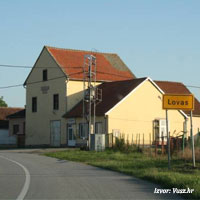


 On October 16, 2018, the Humanitarian Law Center (HLC) filed a criminal complaint with the Office of the War Crimes Prosecutor (OWCP) of the Republic of Serbia against several unknown persons, for killing three members of the Matijević family in April 1992 in Kukujevci (Municipality of Šid, Serbia).
On October 16, 2018, the Humanitarian Law Center (HLC) filed a criminal complaint with the Office of the War Crimes Prosecutor (OWCP) of the Republic of Serbia against several unknown persons, for killing three members of the Matijević family in April 1992 in Kukujevci (Municipality of Šid, Serbia).